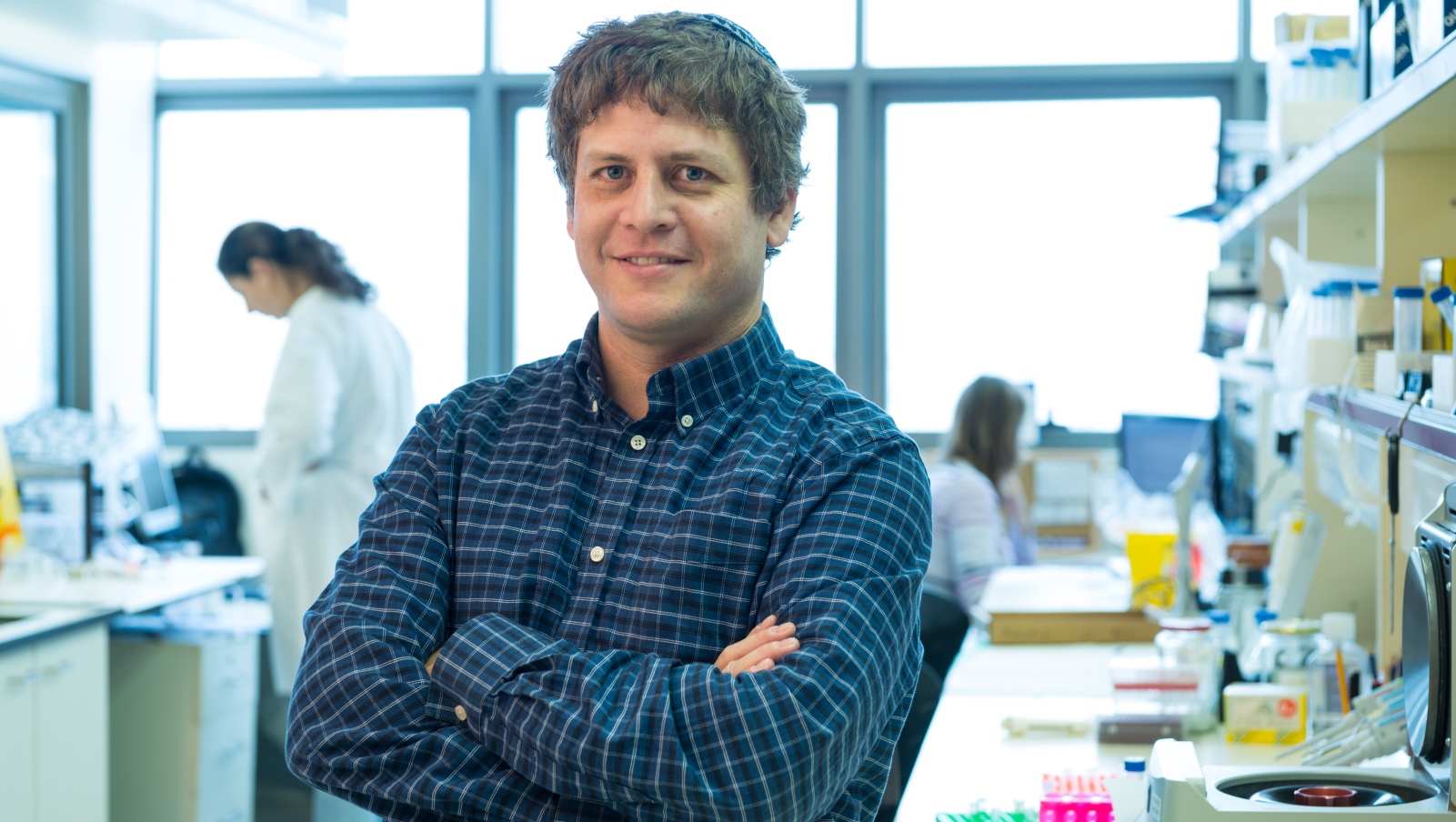Researchers from Harvard University and Israel’s Bar-Ilan University have revealed a new mechanism for activating the immune system against cancer cells, a discovery that could aid the treatment of lung and skin cancer.
The researchers found that the immune system could be harnessed to fight cancer cells in an efficient manner when they blocked a mechanism that routinely serves the body by marking human virus-like genes in order to avoid identifying them as viruses.
“Deletion of the RNA-editing enzyme ADAR1 sensitizes tumor cells to immunotherapy,” explained Prof. Erez Levanon from Bar-Ilan University, one of the study’s co-authors.
The study, led by Prof. Nick Haining of Harvard Medical School, was recently published in the journal Nature.
“We, and others, are looking for a molecule that inhibits ADAR1. Such a molecule can serve as a drug and can be tested in animal models and later in humans. This will take several years,” Levanon said.

Recent years have seen the development of a new generation of cancer drugs that inhibit immune activity against tumors and which have shown success in treating several tumor types. However, these drugs have only been able to help a small number of patients and in many cases fail to cause the immune system to attack tumors.
The latest discovery could help the immune system attack cancer cells, in particular in cases of lung cancer and melanoma.
This could mean a significant alteration of cancer treatment. “Currently only few people benefit from the huge success of immunotherapy. We hope that by combining the new strategy many more will have the potential to benefit from this therapy,” Levanon said.

















